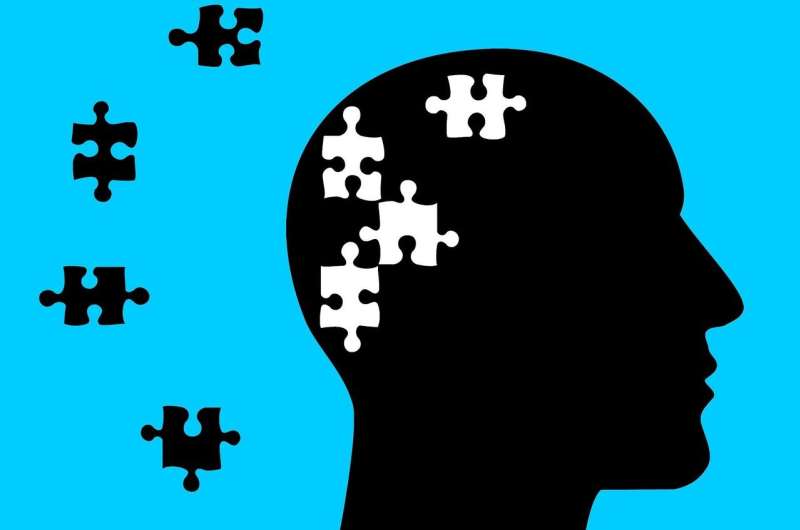Impact of Insufficient Screenings and Support on Pregnancy-Related Mental Health Issues

Many mothers and caregivers experience increased anxiety and depression during pregnancy and postpartum, worsened by lack of screenings and support. Recent research highlights critical gaps in mental health care and policy, urging comprehensive reforms for better caregiver well-being.
Pregnancy and postpartum periods are critically vulnerable times for women's mental health, yet many mothers and caregivers face heightened anxiety and depression due to inadequate screenings and lack of support from healthcare systems and workplaces. Studies have shown that one in five mothers experience perinatal mood and anxiety disorders (PMADs), which can significantly impair daily functioning and caregiving abilities.
Recent research involving hundreds of caregivers across the United States highlights alarming gaps in mental health care. Notably, 40% of caregivers with PMADs were never screened during follow-up appointments, and nearly all non-birthing caregivers, such as fathers and same-sex partners, went unscreened despite exhibiting symptoms. Many caregivers avoid sharing mental health concerns out of fear of judgment or separation from their children.
Parents of infants in intensive care settings are particularly vulnerable, being 73.5% more likely to experience PMADs. Furthermore, the availability of paid leave plays a crucial role; families with more than 12 weeks of paid leave are substantially less likely to leave their jobs due to caregiving challenges. However, rural and underserved areas face additional obstacles in accessing specialized mental health services.
The report underscores the need for comprehensive strategies including regular and detailed mental health screenings, expanded paid leave policies, financial support for child care, Medicaid coverage of perinatal mental health care, and enhanced provider training. Telehealth and support groups are also vital for reaching caregivers in remote locations.
Experts advocate for viewing perinatal mental health as a healthcare priority, emphasizing that accessible mental health services, supportive policies, and preventive screenings are essential for the well-being of parents, children, and communities.
Source: https://medicalxpress.com/news/2025-09-pregnancy-anxiety-depression-worsened-lack.html
Stay Updated with Mia's Feed
Get the latest health & wellness insights delivered straight to your inbox.
Related Articles
New Research Dispels Myths About Heredity and Mental Illness
New Danish research shows that heredity only partially explains mental illnesses, emphasizing the roles of environment and chance in mental health.
Understanding Caregiver Stress: Who Is Affected and How to Manage It
Explore how caregiver stress affects family members, its symptoms, and effective strategies for managing long-term emotional and physical health.
Increased Use of Mental Health Medications Among Cancer Survivors
Cancer survivors are more likely to use medications for depression and anxiety, highlighting the need for equitable mental health support in survivorship care.



